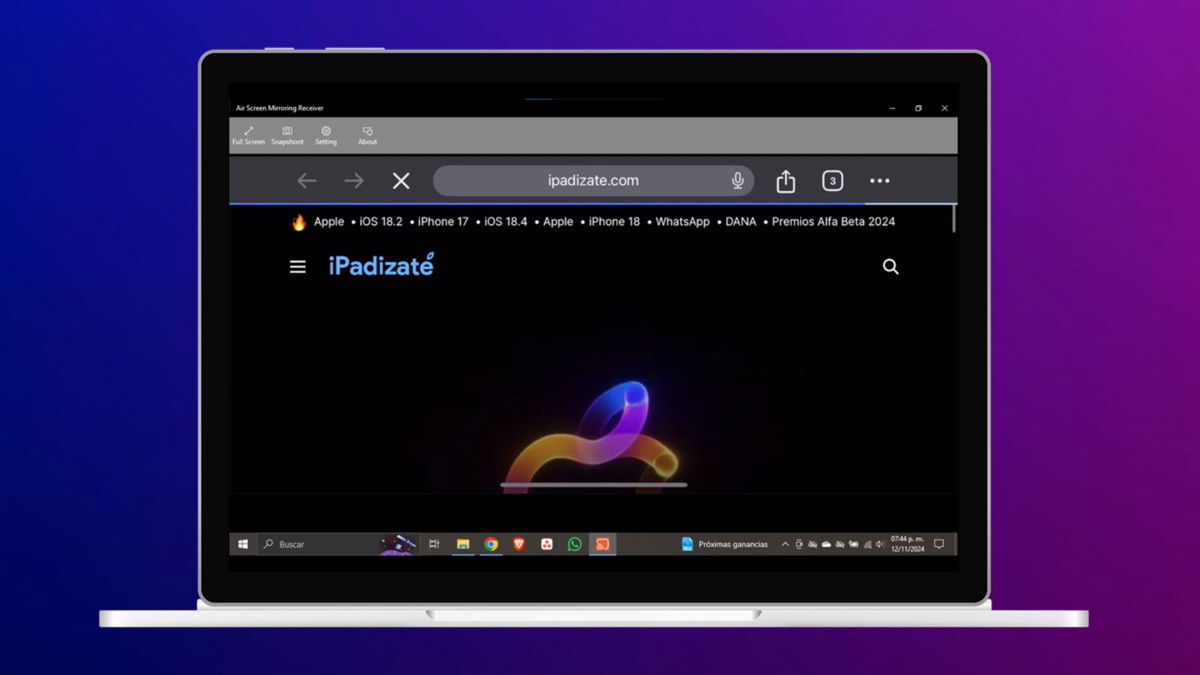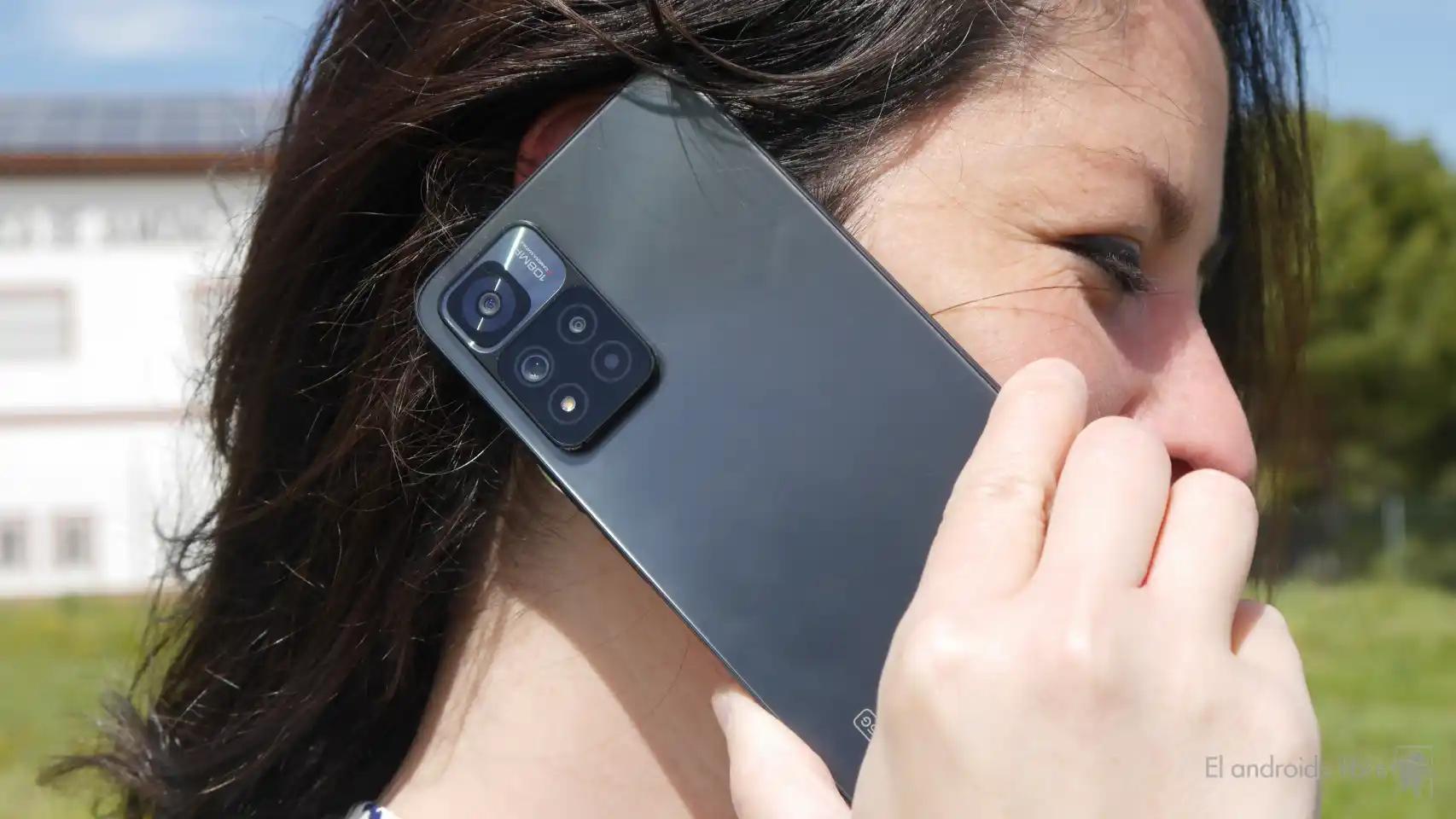If there’s one topic that’s been the subject of a lot of thought, it’s mobile RAM. Few years ago, it was an obsession of the manufacturers to sell you a mobile because a low amount meant a slow device. However, that has changed and now even the most modest mobile has a sufficient amount of it.
Maybe you wondered How much RAM does your mobile need to work well? but the reality is that currently the quantity does not matter so much but how our mobile manages it. This is my experience with RAM in Android since I started on it.
When the rule was: more RAM, better

It was the year 2011 when Samsung presented the Galaxy S2, a mythical terminal that is part of the history of Android. This terminal had 1 GB RAM, an amount which at the time seemed exaggerated. I still remember my family and friends’ phones hanging around when that memory was full of background processes.
It was a time when Google’s operating system, Android, didn’t have the level of maturity it has today. So, many phones suffered from performance issues and were slow to perform any task, then, resorting to methods to free up RAM memory was almost a must. The solution was simple: add more and more GB of RAM in the future.
Over the generations of the best-known mobile series, the amount of memory kept increasingIn fact, it has become one of the most important aspects when choosing a new phone. In 2016, most high-end phones already had 4 GB in their guts.
And from there the figure continued to grow, reaching 8GB on phones like the Huawei Mate 20 Pro launched in 2018. The race was starting to slow down. because these sums are not used by everyone.
End of 2022, I still have a phone that “only” equips 6 GB and I’m more than satisfied with it. Thinking about it superficially, it will seem that we have not advanced, but we have and in another direction: the optimization of the system. So much so that manufacturers seem to be tired of fighting for RAM. In addition, it is now necessary to have at least 2 GB of RAM to update to Android 13.
What I need is a system that manages memory efficiently
In its early days, Android was a somewhat premature system, and it showed: the accumulation of many installed applications slowed the phone excessively. Optimizing sections such as battery or memory management has improved the performance of the operating system.
Now our mobile manages RAM more efficiently, and we don’t appreciate it, at least not in such an exaggerated way. It is true that the memories have improved and the current power is not what it was before, but the improvement in memory management has also suffered. As an alternative, some brands have chosen to use virtual RAM.

It’s time to answer the question. How much RAM do I need? Be sincere, I no longer look at the amount of RAM in a mobile before buying it. My last two phones are 6 GB, which is a bit far from current standards. In some cases, they even add extreme amounts. The reality is that beyond the quantity, I look at the type of memory. Obviously I wouldn’t go back to a mobile with less, but that’s not why I’m going to have a bad experience.
In my daily life I don’t see any performance issues. I also don’t look at how much RAM I have left, because that doesn’t matter. As long as I have a well-functioning system, I forget about this once-relevant component. It is worth mentioning that some users need more memory to perform certain tasks or to enjoy games with console graphics, but this is not my case.

Manufacturers continue to provide good amounts of memory to their devices, but this responds to a natural tendency to improve them, rather than a real need. I don’t need more RAM, that’s for sure my next phone will have more whether i like it or not.
In short, this type of memory is important if we are going to make intensive use of our phone. But there is no doubt that it is no longer as important as it was a few years ago. Numbers will continue to grow and appear in datasheetsbut for me, as one who hears the rain.









